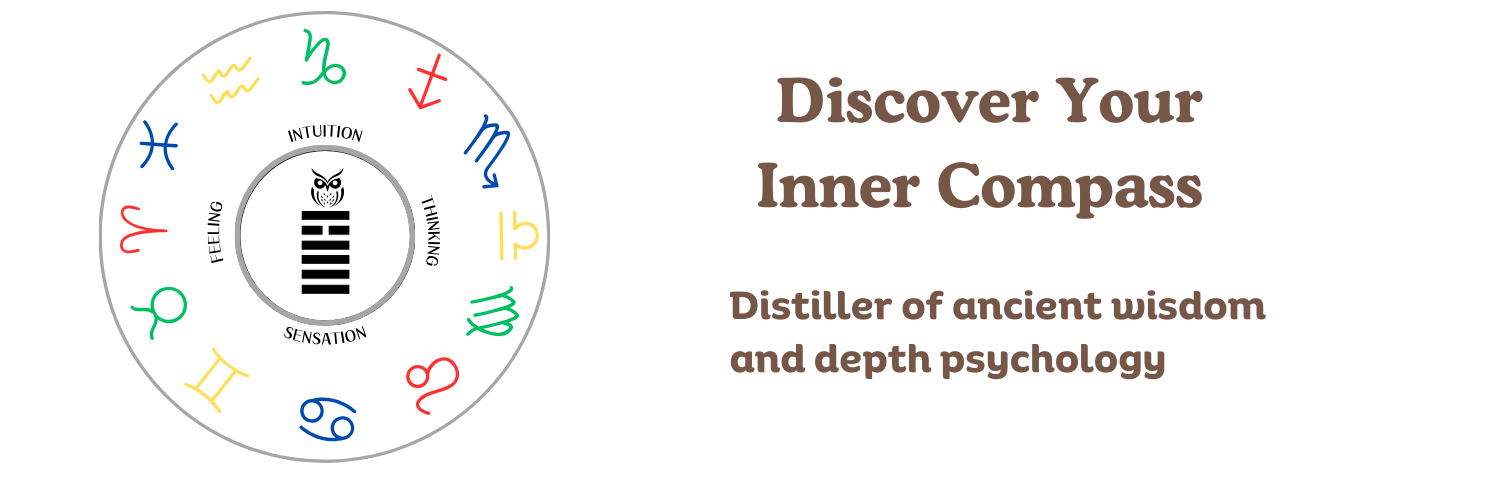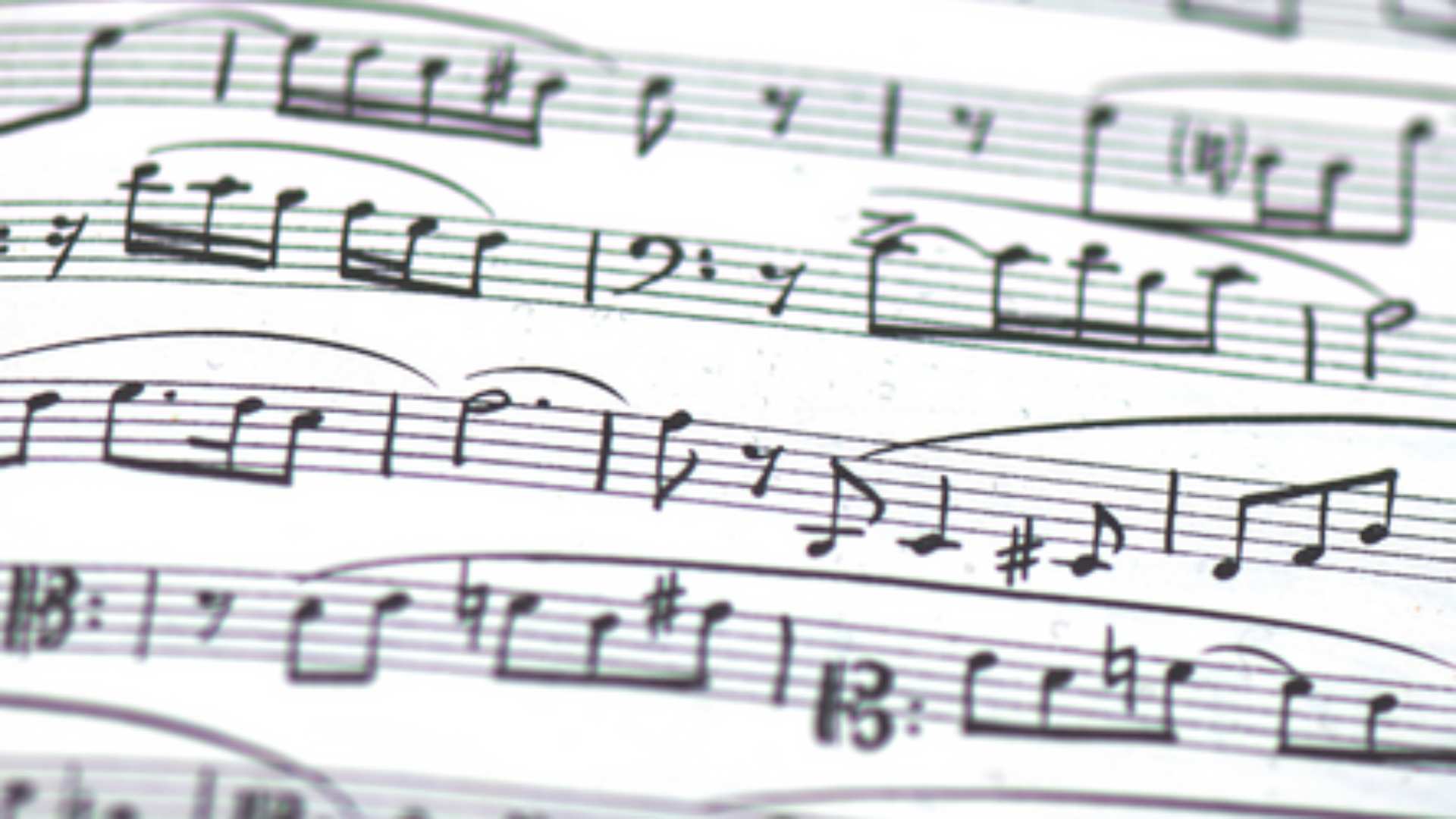Adaptable and penetrating gentleness
One of the things I like about the I Ching, an ancient Chinese book of wisdom, is that the images all come from nature. There aren’t references to mythology or complicated symbols.
The Hexagram 53: Development (Gradual Progress) image is a tree on a mountain. Such a tree is visible from afar and its growth is gradual. Richard Wilhelm says this about Hexagram 53, which is associated with the section of Cancer* we are currently in:
No sudden influence or awakening is of lasting effect. Progress must be quite gradual, and in order to obtain such progress in public opinion and in the mores of the people, it is necessary for the personality to acquire influence and weight. This comes about through careful and constant work on one’s own moral development.
One doesn’t often hear this kind of advice in this age where we are regularly bombarded with “7 quick and easy steps to become more influential!” type of content.
Wilhelm again: “Within the personality too, development must follow the same course if lasting results are to be achieved. Gentleness that is adaptable, but at the same time penetrating, is the outer form that should proceed from inner calm.” [emphasis mine – I love that sentence and am going to write that one down on a notecard.]
As this quieter energy of Cancer continues, here are some questions to ponder:
- Describe something you are better at today than you were a year ago.
- What is currently evolving in your life?
- How can you be more patient with the process?
____________________
Astrology Consultations | Monthly Depth Books Newsletter | Contact
*The 64 hexagrams of the I Ching are arranged along the ecliptic (the celestial equator) in Human Design. In astrology there are 12 zodiac signs along the ecliptic, so there are 5.3 hexagrams per zodiac sign. I’m contemplating these hexagrams as a way to engage with astrology, the I Ching, and Jungian psychology.
References:
I Ching or Book of Changes translated by Richard Wilhelm










